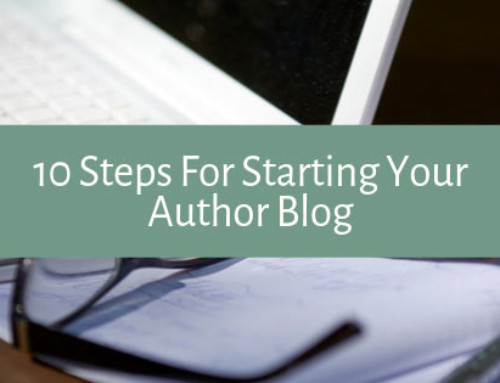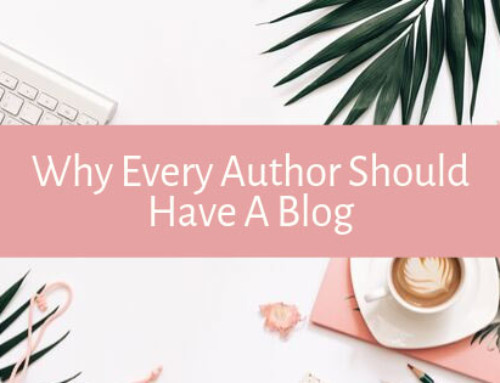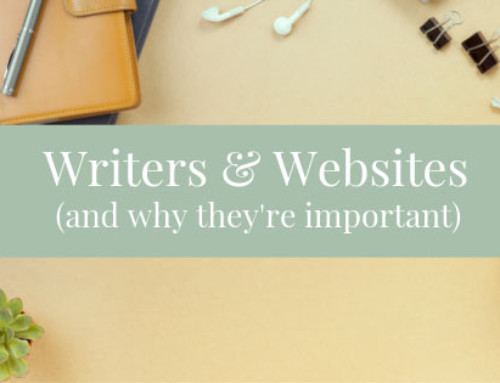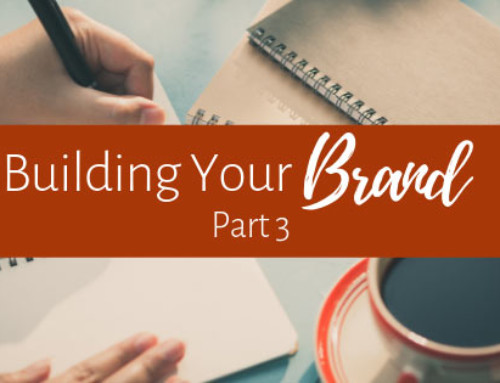
Virtual author events are a great way for self-published authors to reach bigger audiences for a fraction of the price and foster stronger reader connections, but not enough authors are embracing the trend to expand their reach. If you’re wondering: How do I host a virtual author event that engages attendees and leaves a lasting impression? This article offers actionable steps, practical tips, and strategies for hosting memorable, engaging virtual author events. Whether you’re planning a virtual book launch, an online author Q&A, or another interactive experience, this article will walk you through every phase from planning to post-event follow-up.
Why Host Virtual Author Events?
Virtual author events have created a new way for you to connect with readers. These events are not only cost-effective, but you can also reach a wider audience. If you haven’t tried a virtual event before, here are three benefits of virtual book launches and online author events:
- Affordability: Virtual events cost less than traditional, in-person gatherings. With lower expenses, you can focus on delivering a fun experience to your attendees.
- Accessibility: Virtual author events provide you with access to a wider audience.
- Interactivity: The right setup allows for live engagement, which creates a stronger connection between authors and readers.
In 2023, the virtual event industry continued to grow, with more than 77% of people surveyed saying they preferred virtual events because they were easy to attend. Clearly, virtual author events aren’t just a trend—they’re a new standard.
Choosing the Right Platform for Your Virtual Author Event
Choosing the right platform is crucial for a successful virtual author event. Here are popular options and their pros and cons:
Zoom
✅ Offers breakout rooms, screen sharing, and interactive polls for higher engagement. It’s ideal for book discussions, virtual author Q&As, and online book readings.
❌ Requires attendees to download the app and may be limited by attendee capacity on free plans.
Facebook Live
✅ Built-in audience accessibility; easy for attendees who already use Facebook. Great for live chats and audience engagement.
❌ Limited interactive features compared to other platforms; only accessible to Facebook users.
Instagram Live
✅ Highly visual and interactive, ideal for short, engaging content. Allows for quick Q&As, live book readings, and behind-the-scenes insights.
❌ Limited in features; no screen-sharing or recording options without third-party tools.
YouTube Live
✅ Offers a stable, professional streaming experience with high video quality. Allows comments for real-time interaction and can host larger audiences.
❌ Not as immediately interactive, with limited audience engagement tools compared to Zoom.
Pre-Event Planning Essentials
Successful virtual author events need a bit of planning so you can get the most people to attend. Follow my three pre-event tips here:
- Promote Your Event Early: Use your social media, email newsletter, and online author groups to share about your online event ahead of the scheduled time. Create posts with engaging visuals, countdowns, and teasers that share about your virtual event, including guest appearances or exclusive book readings.
- Create a Landing Page: If you’re hosting your virtual event outside of social media, you may need to create a landing page for event registration. Your landing page will be your place to share event information like the date, time, and a brief description of what attendees can expect. You’ll want to add a contact form to your landing page to collect sign-ups for your virtual author event.
- Develop a Virtual Author Event Checklist: To keep yourself organized, draft a checklist that covers all the tasks you’ll need to do ahead of your event, including setting up tech equipment, testing sound quality, and preparing any visual aids you plan to use.
Activities for Your Virtual Event
Hosting an engaging virtual author event should involve activities your audience will enjoy participating in. Here are a few ideas:
- Q&A Sessions: Host a Q&A so attendees can interact with you directly and ask you questions about your book and your writing process.
- Exclusive Book Readings: To provide an intimate experience for your audience, do an exclusive reading of a chapter or a scene from your book.
- Behind-the-Scenes Stories: Share stories about your character development, writing process, or unexpected moments you experienced during publishing to give readers a peek behind the curtain.
Leverage Visual and Interactive Tools
Visual and interactive tools are a great way to engage with your audience while you have them in front of you. Here’s how to maximize them:
- Use Polls and Live Chat: Tools like Slido and Zoom’s poll feature allow you to conduct live polls and gather real-time feedback, which makes your audience feel involved.
- Incorporate Visuals: Visual tools like book trailers, graphic designs, and slide presentations help break up your event’s flow and make the experience visually appealing for your audience. Even if you’re not a graphic designer, you can teach yourself to create simple designs or use templates on Canva.
Follow-Up Strategy to Maximize Impact
After your event ends, you still want to maintain engagement with your audience. Have a follow-up strategy in place to keep your audience connected to your work and encourage them to share the event highlights and your work with others.
- Send Thank-You Emails and Post-Event Surveys: Send a follow-up email thanking attendees and also include a survey to gather feedback. This will also allow you to promote future events.
- Share Event Highlights on Social Media: Post memorable moments, such as quotes or screenshots from the event, across your social media pages. This way you share some fun information with those who couldn’t attend and also remind participants of the fun they had.
- Collect and Respond to Feedback: Use the feedback you receive from your survey to improve your future events. This shows attendees that you value their input and are committed to creating better and better experiences.
TL; DR
To host a great virtual author event, you’ll need to plan ahead, create visual content, and have a plan for meaningful follow-up after your event. Apply the tips from today’s article to help you plan your virtual event, so you can connect with more future readers without having to spend a ton of money.
What’s your biggest challenge when planning a virtual author event? Let us know in the comments below!
More Recommended Reading
Bringing Book Events into the 21st Century
Crack the Code: Marketing Your First Book Like a Pro
Book Signings: What You Need to Know
Discover more from Mill City Press
Subscribe to get the latest posts sent to your email.













Leave A Comment